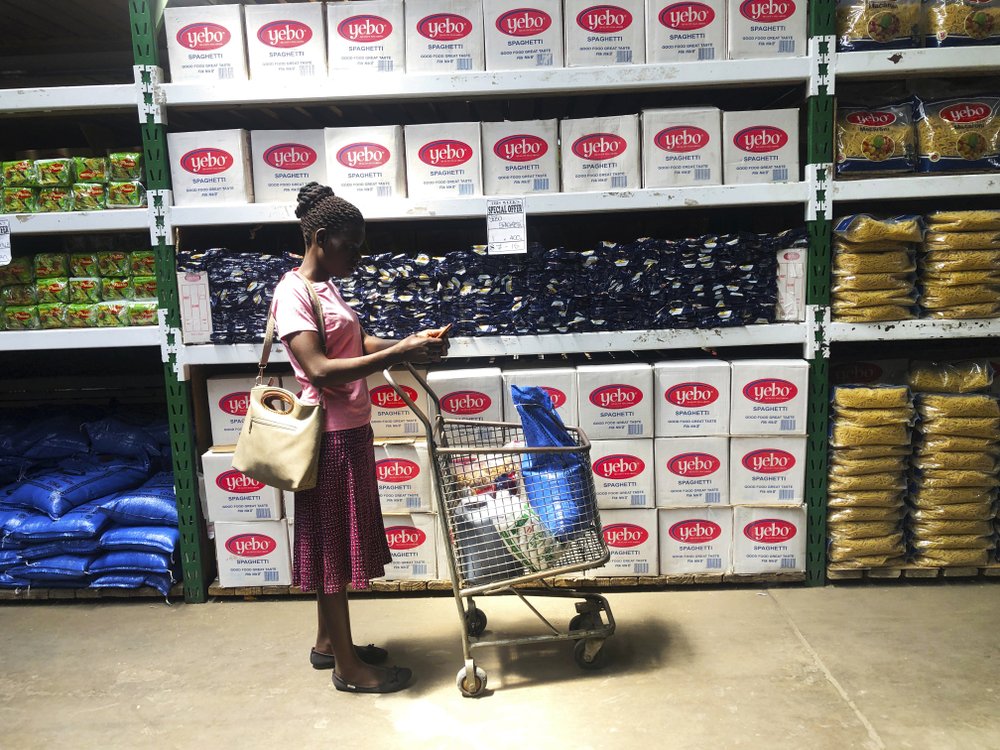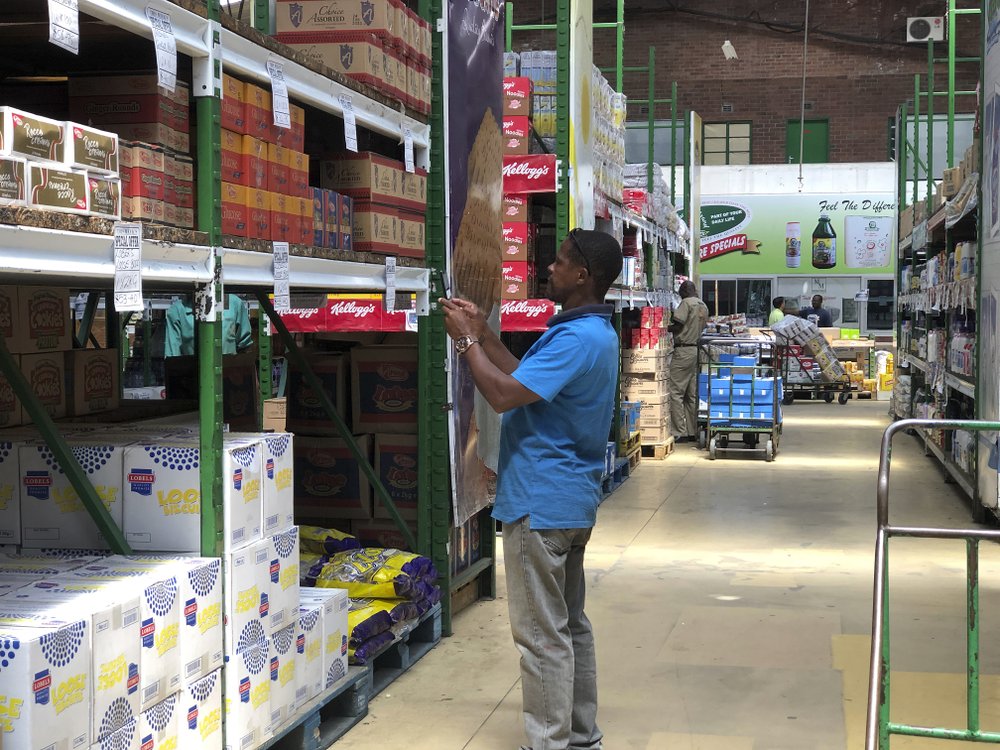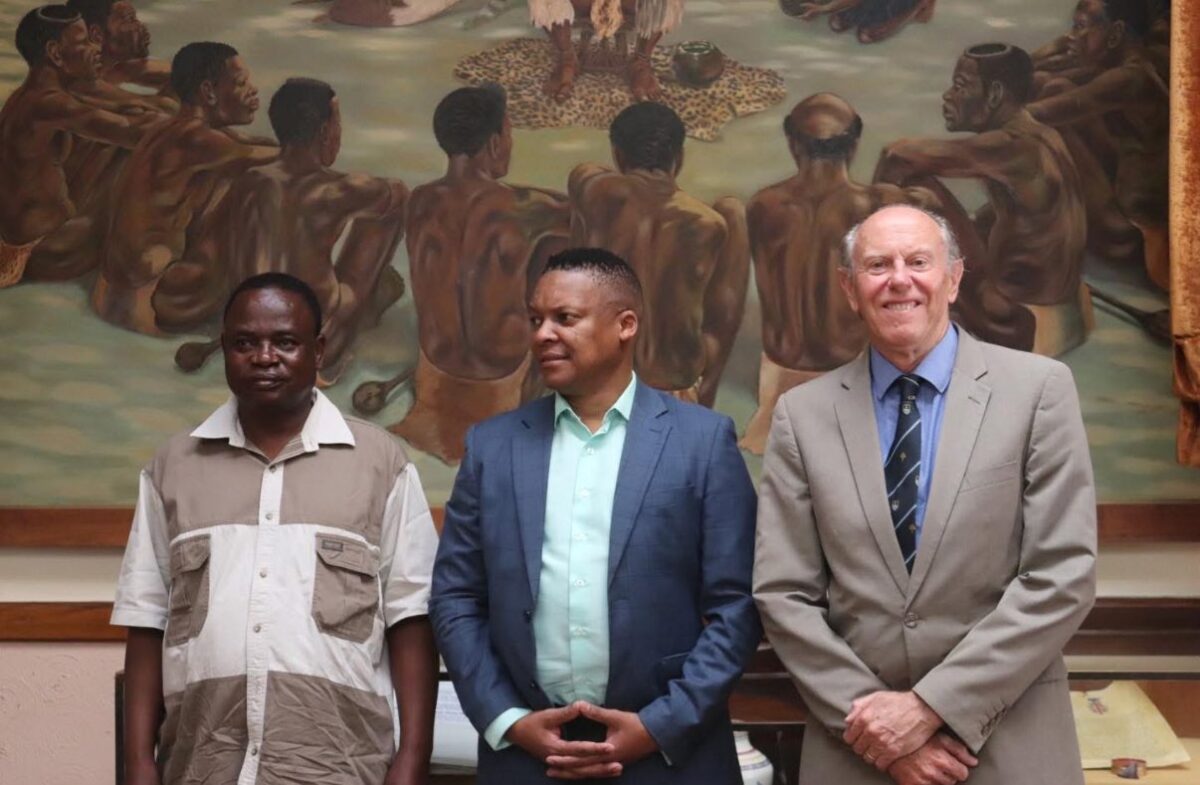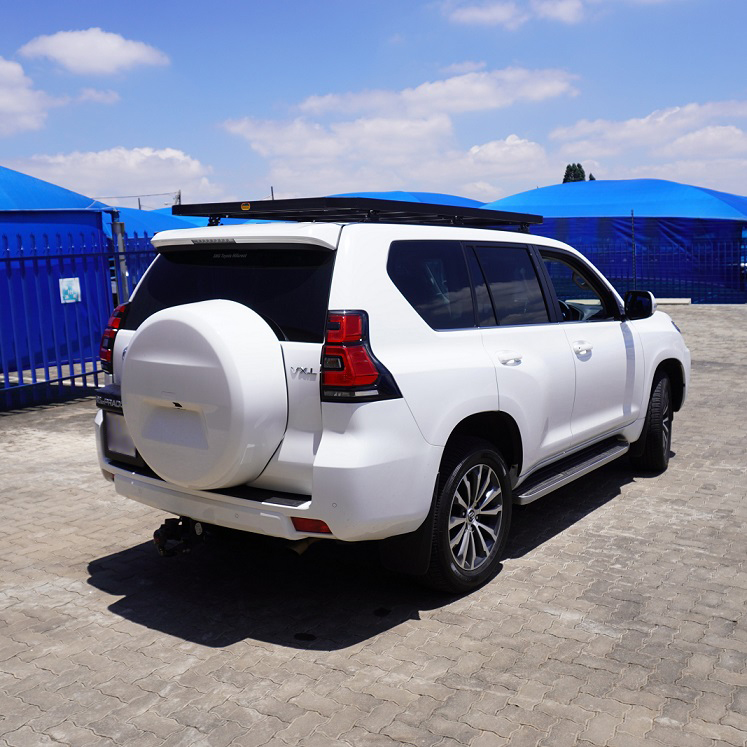HARARE — When going shopping, the only thing Isaiah Macheku can budget for is shock.
Hyperinflation is changing prices so quickly in Zimbabwe that what you see displayed on a supermarket shelf might change by the time you reach the checkout.
“It is a nightmare,” Macheku said. “I can’t plan.”
Before a coup unseated the late president Robert Mugabe in late 2017, Macheku could afford all his family’s basics on his salary, which equals about US$24. Now the same amount can hardly buy 4 kilograms of beef.
He ended up buying chicken skin for his family’s supper. “I cannot afford the actual chicken,” he said. It is the closest his family gets to eating meat.
Zimbabwe now has the world’s second highest inflation after Venezuela, according to International Monetary Fund figures. The country went through this a decade ago, but many Zimbabweans say there is no getting used to it, and coping has become both creative and desperate.
This time Zimbabwe’s economy has been on a downward spiral for more than a year as hopes fade that Mugabe’s successor and former deputy, President Emmerson Mnangagwa, will deliver on his promises of prosperity.
“Anyone who thinks a solution is in sight must be very brave,” said economist John Robertson in the capital, Harare. “Government officials don’t want to admit the real causes and don’t want to fix the real problems. People should brace for worse.” He said the real causes include the government spending beyond its means.
To shop, money alone is no longer enough. Calculators, mobile phones and notebooks have become necessary tools. In one sparsely attended groceries wholesaler, there were more people taking pictures of price stickers than those picking items from shelves.
“I sent the pictures to my husband. We have to decide fast before the prices go up again,” said one shopper, Marianne Hove. “He is in another supermarket sending me pictures of the prices there. We compare and decide which items to buy and from where.”
Others did quick calculations and called home to confirm items to buy.
In other shops, prices are only available at the checkout – and even then the cashier might stop a customer mid-payment to change prices.
Retailers said they would go out of business if they don’t adjust prices frequently.
“It is becoming increasingly impossible to appropriately price goods. The replacement value has been our Achilles heel,” said Denford Muntashu, president of the Confederation of Zimbabwe Retailers.

The situation is “synonymous with hyperinflation” even though the government statistics office has stopped publishing annual inflation data, Muntashu said.
Some businesses are closing while others are limiting their product range to reduce risk, he said.
Prices in Zimbabwe are changing faster than at any point in a decade. In 2009, the country’s currency collapsed under the weight of hyperinflation. The government then adopted a multi-currency system dominated by the dollar.
This year the government outlawed the use of foreign currencies, part of frequent and sometimes confusing changes to the country’s complicated monetary framework.
The local currency has been rapidly devaluing, “fostering high inflation, which reached almost 300 percent in August,” the IMF said after a review mission last month.
Weakening confidence, policy uncertainty and a continuation of foreign currency market distortions are exerting pressure on the exchange rate, the IMF added, while a severe drought and foreign debt hampering Zimbabwe’s access to external funding have impacted the economy hard.
Most businesses import products from abroad due to the collapse of local industry. Foreign currency shortages and rapid devaluation of the local currency are hard on both businesses and customers.
Zimbabwe’s president, Mnangagwa, continues to appeal for more time.
“Getting the economy working again from being dead will require time, patience, unity of purpose and perseverance,” he said in a state of the nation address on October 1.
Like Mugabe, the president largely blames U.S. sanctions for the crisis, while the U.S. points out that the sanctions don’t target the government but selected officials, including Mnangagwa himself, over past alleged human rights abuses.
The patience of many Zimbabweans is wearing thin, considering the lengths they are going to cope.
“We cannot continue to live like this. Why did they remove Mugabe if they had no solutions?” said Harare resident Praise Sibanda.
“We are tired of 001,” she said, using the local slang for the growing trend of families resorting to a single meal a day.
Some innovative vendors have begun repackaging items such as cooking oil into sachets small enough to prepare a single meal.
According to the Consumer Council of Zimbabwe, people are increasingly using such sachets known as “tsaona,” a word in the local Shona language that means “accident.” – AP
















